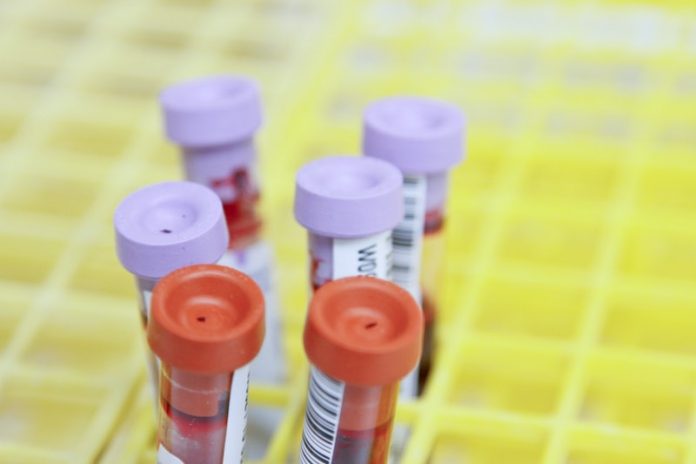
In a new study, researchers have developed a new test that can help identify people who are likely to develop hepatocellular carcinoma (HCC), the most common form of liver cancer.
The approach uses a simple blood test to check for the patient’s previous exposure to certain viruses.
Together with existing screening tests, the new test could play an important role in screening people who are at risk for developing HCC.
The researchers say that it could help doctors find and treat HCC early. The method is relatively simple and inexpensive, and it only requires a small blood sample.
The research was led by a team at the National Cancer Institute (NCI), part of the National Institutes of Health.
Certain factors increase a person’s chances of developing HCC, such as infection with hepatitis B or hepatitis C virus or cirrhosis of the liver.
People who have risk factors are recommended to get screened for HCC every six months with ultrasound with or without a blood test for alpha-fetoprotein.
But not everyone with risk factors for HCC will develop the disease. Although screening can lead to earlier detection, most patients are diagnosed when the cancer is advanced and often incurable.
However, HCC that is caught early has a much better chance of being cured. Better early detection and surveillance approaches are particularly important because rates of HCC are rising in the United States.
In the study, the team aimed to develop new methods for early detection, diagnosis, and treatment, with the goal of improving outcomes for patients with HCC.
Many screening tests detect features of cancer cells. But those features can change over time, and not all cancer cells in a tumor have the same characteristics.
The NCI team took a different approach: detecting features of cancer’s environment rather than cancer cells themselves.
More research is providing evidence that cancer development is influenced by interactions between viruses and the immune system.
The team reasoned that certain interactions between viruses and the immune system may raise the risk of developing HCC.
To explore that possibility, the scientists scanned people’s blood for “footprints” left behind by past viral infections.
Because these footprints are left in antibodies, proteins made by the immune system, they also reflect how the immune system reacted to the infection.
The mixture of footprints each person has creates a unique pattern, which the researchers called a viral exposure signature.
The team checked for the footprints of more than 1,000 different viruses in blood samples from around 900 people, including 150 who had HCC.
They identified a specific viral exposure signature that could accurately distinguish people with HCC from people with chronic liver disease and healthy volunteers. This signature contained footprints from 61 different viruses.
The researchers then tested the signature on blood samples from 173 people with chronic liver disease who were part of a 20-year study. During that time, 44 of the participants developed HCC.
Using blood samples taken when the cancer was diagnosed, the signature correctly identified those who developed HCC.
Importantly, the signature also worked when the researchers used blood samples taken at the beginning of the study, up to 10 years before diagnosis.
The scientists are continuing to study their approach and plan to test it in clinical trials.
The lead author of the study is Xin Wei Wang, Ph.D., co-leader of the NCI Center for Cancer Research (CCR) Liver Cancer Program.
The study is published in Cell.
Copyright © 2020 Knowridge Science Report. All rights reserved.



